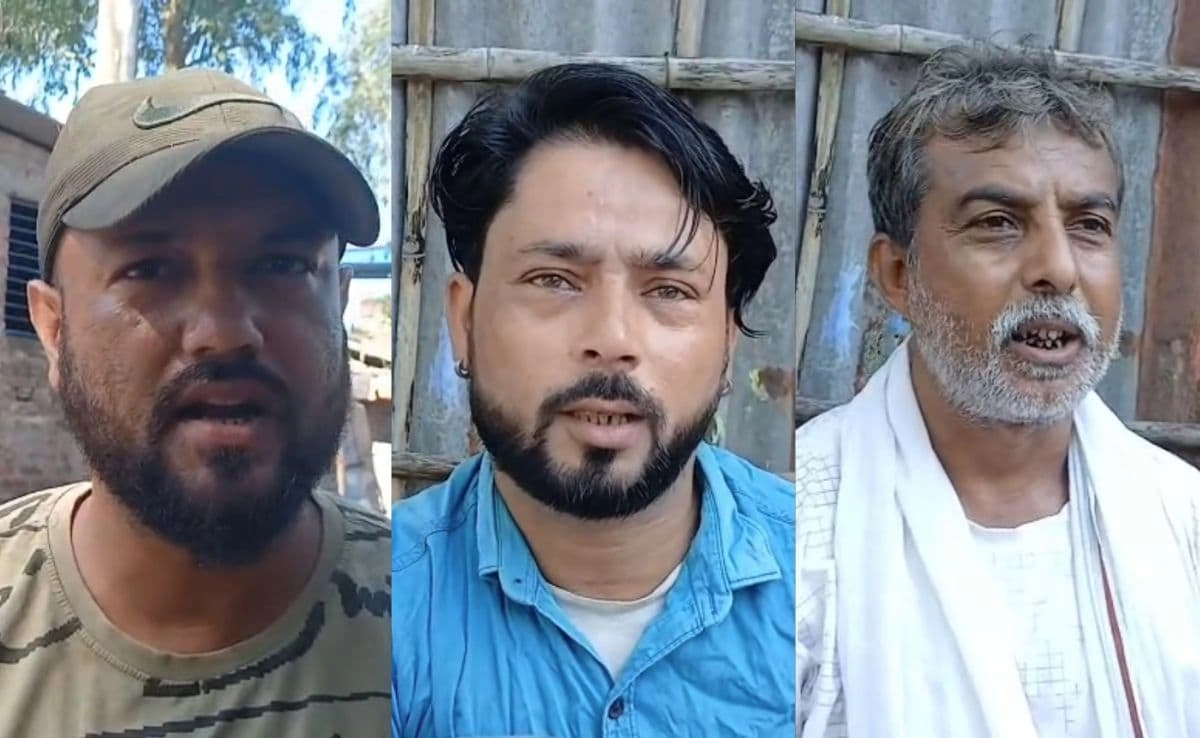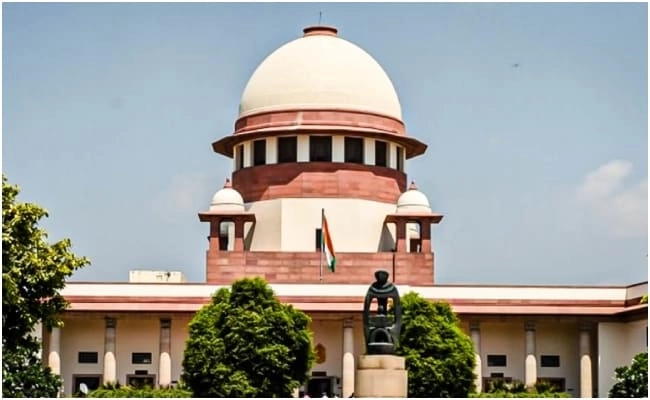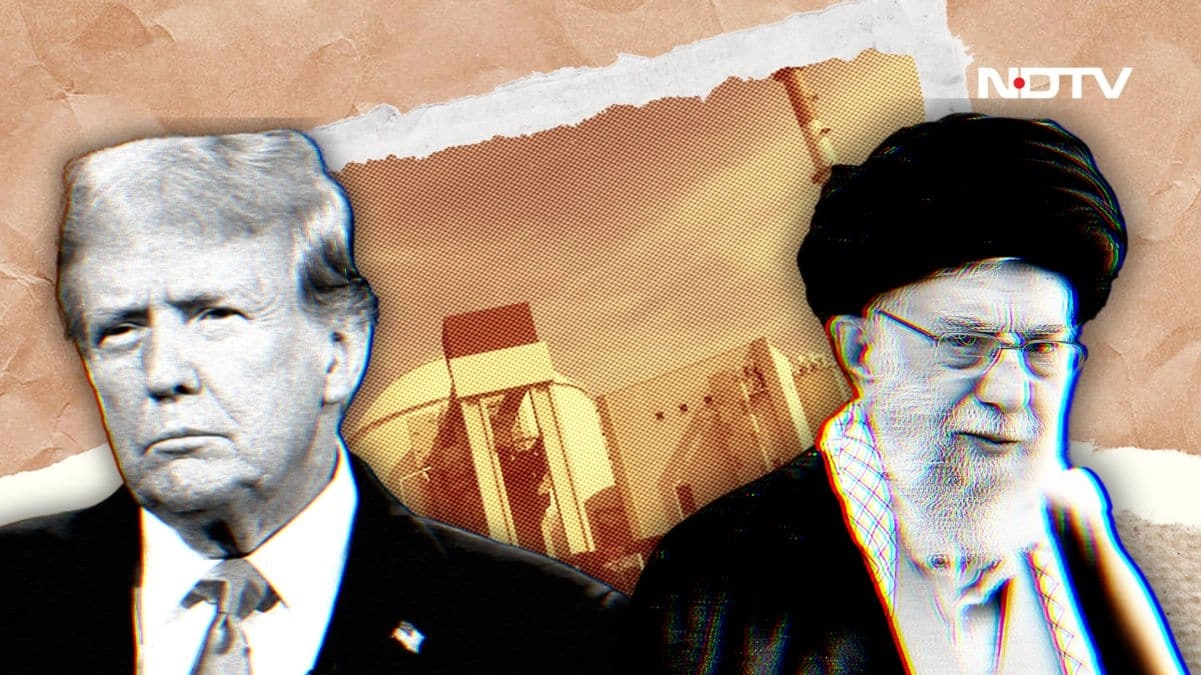In a curious intersection of genetics, identity, and politics, the recent initiative in Bihar, India, has stirred significant debate among voters of Iranian descent. The state government has issued notices to these voters, prompting discussions about the implications of excavating historical graves to obtain DNA samples. This controversial proposal raises ethical questions about the preservation of cultural heritage, the sanctity of burial sites, and the potential misuse of genetic information.
The Iranian-origin community in Bihar has a rich history, tracing back centuries. Many of these individuals have established their roots in the region, contributing to its cultural mosaic. However, the government’s decision to explore grave sites for DNA extraction could alienate these voters, igniting fears of cultural erasure and identity crises. For many in this community, their lineage is a source of pride, and the thought of exhuming ancestors for genetic analysis feels like an affront to their heritage.
Moreover, this initiative could set a troubling precedent for how governments engage with minority communities. The act of digging up graves for DNA research not only raises ethical concerns but also poses questions about consent and the rights of descendants. Voters hailing from this background may feel marginalized or coerced into participating in a study that they never consented to. Such actions could deepen divides between the state and its citizens, leading to further disenfranchisement of minority groups.
As discussions continue, it is crucial for lawmakers and community leaders to engage in a dialogue that respects the sentiments of the Iranian-origin voters while addressing the state’s intentions. Finding a balance between scientific inquiry and cultural respect is essential to avoid tensions and foster a more inclusive political environment. Ultimately, the decision to pursue DNA testing from graves should be approached with caution, prioritizing ethical considerations and the voices of those directly affected.




